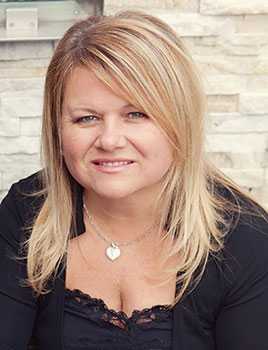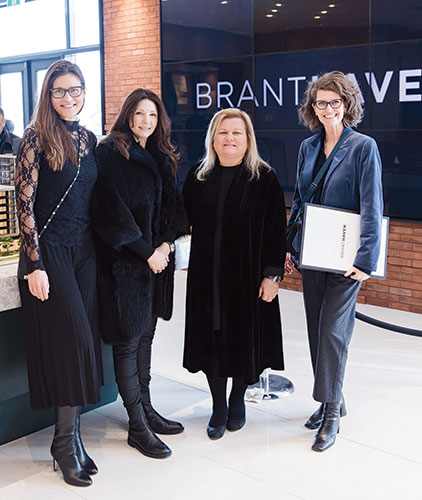In Conversation With... Debbie Cosic, Founder & CEO In2ition Realty
By NextHome Staff
June 10, 2020
June 10, 2020

How's the business of marketing and selling new homes and condos during these challenging days?
How are consumers responding to virtual sales? Buying a home is obviously a very significant purchase, so to do so without being able to go to the development site…
We all got some good news when the province announced that construction could resume on May 19. How do you think the market will react – will it quickly lead to renewed buyer interest and activity?
When the restrictions are fully lifted, do you foresee buyers easing their way back into the market, or will there be more of a rush because there might be some pent-up demand?

How do you think homebuyer intentions may change? Do you foresee people buying smaller homes or buying condos instead of lowrise homes or buying more with friends and family?
Some experts believe there will be a notable and growing segment of buyers who prefer the bigger homes, larger lots and more space, given everything the pandemic has taught us about being apart from others. Supply and affordability issues in the GTA may preclude that, but areas outside the GTA – Kitchener-Waterloo or Hamilton, for example – may represent opportunities. What are your thoughts?
Do you see any other fundamental changes either for builders or buyers? For example, working from home may become more prevalent, so will home designs further change to accommodate more places people can work separately in the home?
